
LOVE
Keep scrolling or download a pdf
What is this tool?
This tool is based on work by social psychologist Erich Fromm who was interested in all the different ways that love exists in society and how it is a central concept in how we relate to ourselves and each other.
The LOVE tool aims to help individuals or groups to understand these different forms of love and how they are experienced in different ways across our lives. This is done in the form of a card game, with or without discussion and sharing, depending on the situation.
Why would I use this tool?
Often the only ‘love’ we are encouraged to think about is romantic love between two people. Erich Fromm thought it was important to think about love in all the different forms it takes (e.g. between friends, within families, within and between communities and in relation to our own selves).
This tool could be used to help you better understand how you think about the concept of love, or to encourage a group you are working with to expand their definition of love, encouraging greater self and social compassion. Ultimately it seeks to broaden the concept of love in contemporary society to help people see how love and compassion is active all around us in different ways.
How can I use this tool?
As with all the tools we want you to use it in an ethical way that makes sense to you and anyone you’re working with, and for you to share your experience with the tialt community. What follows is something we have tried that worked well.
-

STEP 01
Print out the cards and put them into two shuffled piles; one of the ‘forms’ and one of the ‘contexts’.
-

STEP 02
Pick up a card from the ‘forms’ pile and either think through or journal (if alone), or discuss (if not alone), what form of love is depicted, how it is practiced and experienced (e.g. what are its main features?)
-

STEP 03
Choose a card from the ‘context’ pile and think about and discuss how one of the ‘forms’ of love could be practiced or experienced in that context. Be as creative as you like.
-

STEP 04
Repeat this exercise until you have used up all the cards. You can shuffle them and spend as much time on this as you like.
-

STEP 05
Choose one combination of ‘form’ and ‘context’ you would like to illustrate in a short story, poem, picture, collage (paper or electronic), song, film, music track or any other kind of creative output.
-

STEP 06
Think about and explore the following themes while producing your illustration or in relation to what you create:
Care, Respect, Responsibility, Knowledge.
-

STEP 07
If you would like to you can share the output with someone else, or with the rest of the group.
Discuss, exchange, enjoy!
Forms cards
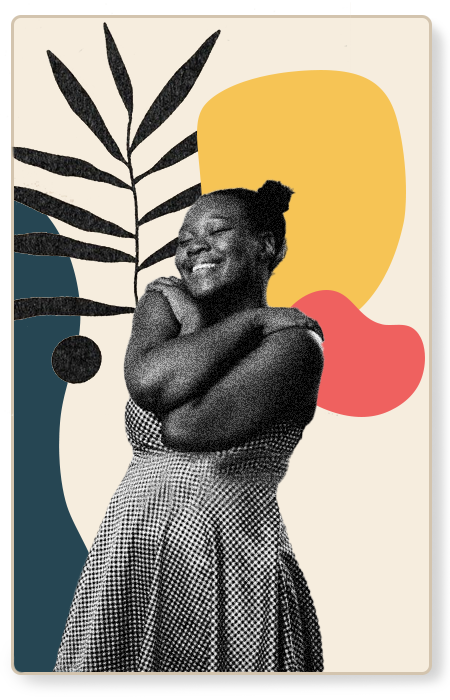
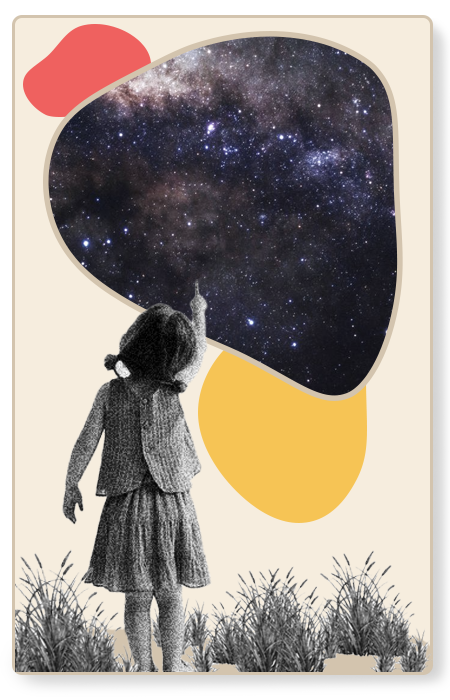
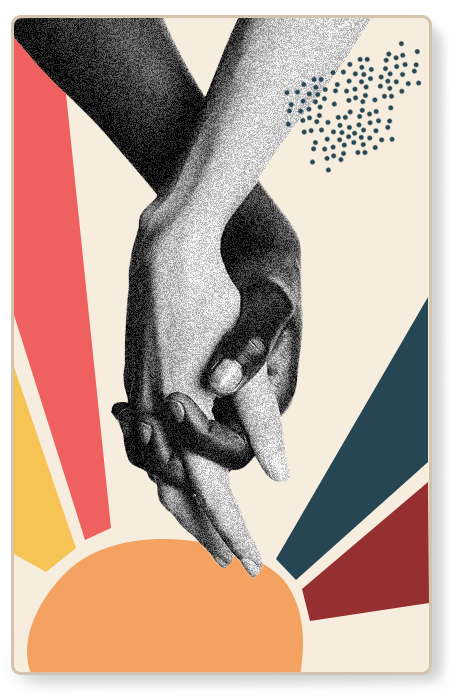
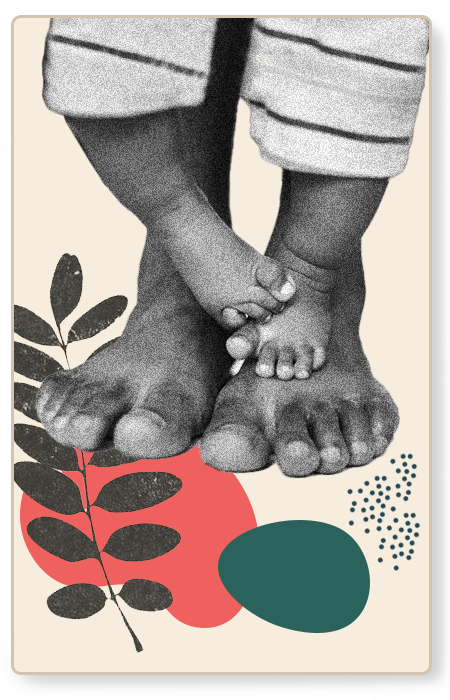
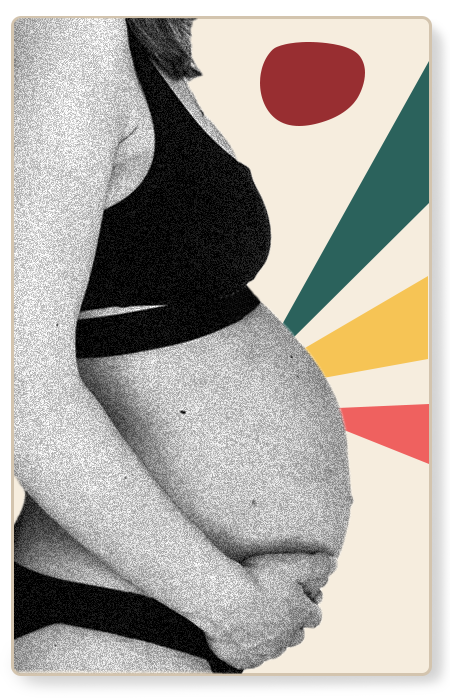

Context cards
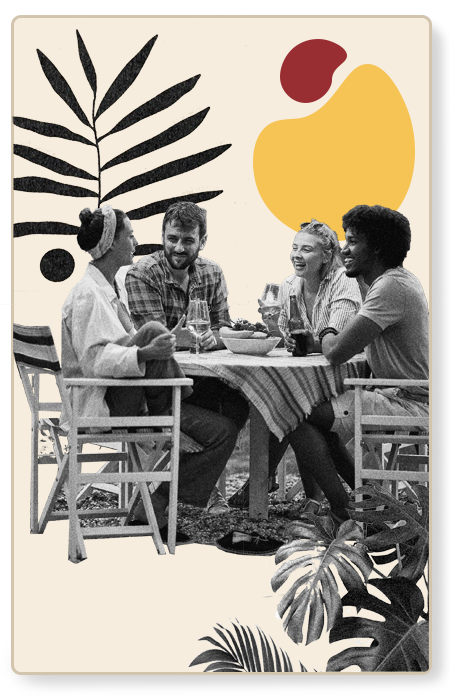

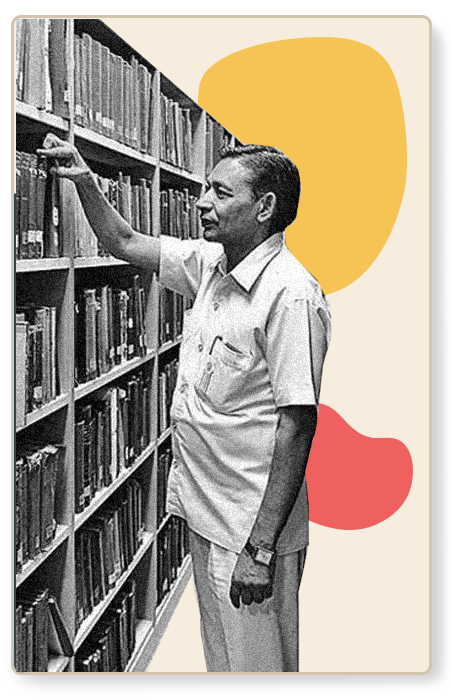

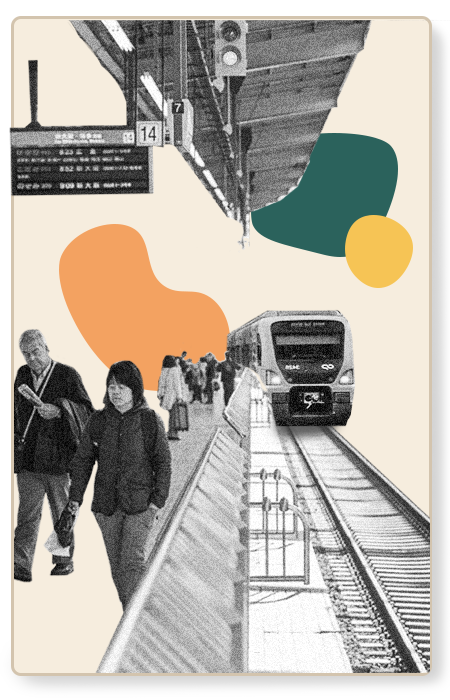

Supporting information
If you would like to facilitate this exercise with a group, or spend some time looking into the theory a bit more , we recommend that you read Erich Fromm’s The Art of Loving (originally published in 1957, but still widely available in libraries and bookshops). There are also many podcasts and videos introducing and discussing the ideas from the book online.
Some further questions you may want to consider discussing when engaging in Steps 2-4 above:
How many of these types of love do you have experience of?
What does it mean to be able to experience many different forms of love?
Fromm said “If I can say to somebody else, ‘I love you,’ I must also be able to say, ‘I love in you everybody, I love through you the world, I love in you also myself’” what do you think he means by this?
How could we do things differently based on principles of non-romantic shared love between people (including concepts of care, respect, responsibility and knowledge)?
Some important elements to remember in this exercise are:
Engaging in the creative process itself is the point.
The focus here is not on the quality of the output. If some people are fantastic drawers, painters, musicians or comedians, that’s great, but the interesting part is exploring how to represent the thoughts and discussions taking place. These can be totally abstract or literal. The interesting part is thinking about, discussing and creating something that you wouldn’t normally be doing in day to day life.
There are no correct answers and no ‘output’ will be judged more superior than any other.
It’s a cliche, but the point here is how learning and understanding is produced between people. No one perspective or creative process or product has any more value than any other in this exercise. It’s all about learning from and relating to each other.
Make plenty of time for people to take part.
This could be over a few hours, or even days or weeks. We are interested in broad and deep conversations about people’s experiences and this takes reflection, safe spaces and time to discuss things openly and in a mutually respectful way.